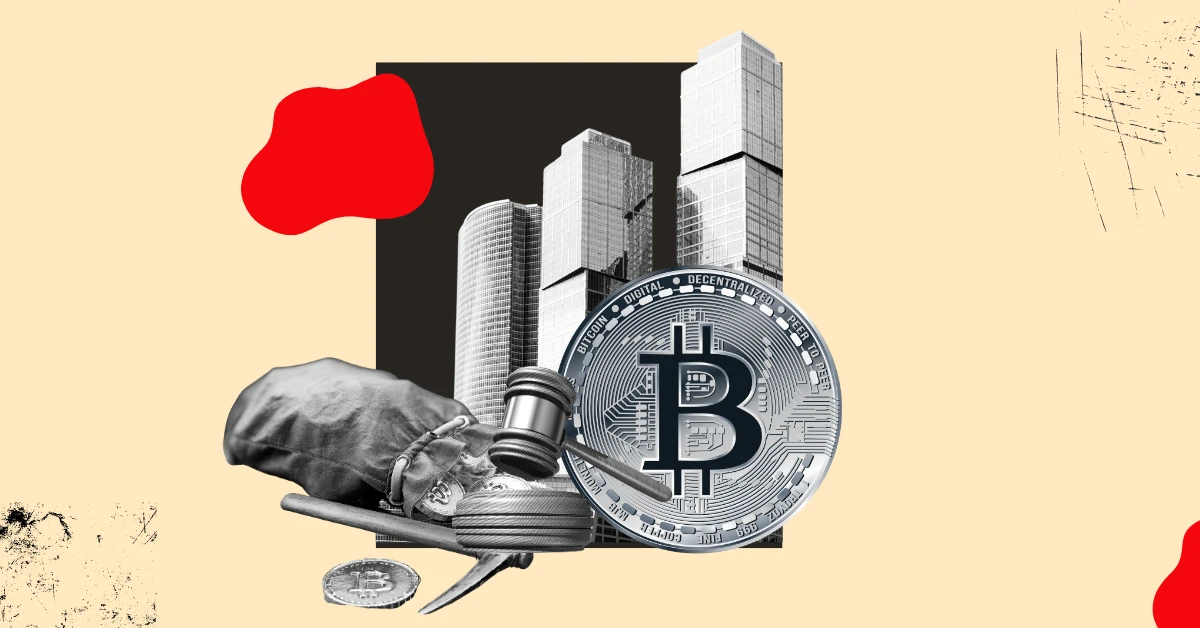
The global political and economic landscapes are witnessing a notable shift towards cryptocurrencies, particularly since the US political scene took a turn in favor of digital currencies. This change came about on November 5, when pro-crypto candidate Donald Trump triumphed over Kamala Harris, who represented a more crypto-skeptic stance. This development has prompted major global economic powers to reconsider their approaches to the crypto sector, with an increasing focus on the innovative concept of establishing a Bitcoin reserve as a strategy to manage inflation.
Russia’s Push for a Bitcoin Reserve
In line with these global trends, Russia is making headlines with its own initiatives. Anton Olegovich Tkachev, a deputy of the State Duma of the Federal Assembly of the Russian Federation, has submitted a groundbreaking proposal to Russian Finance Minister Anton Siluanov. This proposal advocates for the creation of a strategic Bitcoin reserve in Russia, aligning with the growing global discourse on the economic potential of cryptocurrencies.
This proposal follows Russian President Vladimir Putin’s recent public endorsement of Bitcoin, where he asserted that “BTC can never be banned.” The proposal underscores the vulnerabilities of traditional currency reserves, such as the dollar, yuan, and euro, highlighting their susceptibility to inflation and international sanctions. Bitcoin, in contrast, is presented as an independent and viable alternative that could offer stability in the face of such challenges.
Russia’s Crypto Regulations and Restrictions
Until recently, Russia had maintained a cautious stance towards cryptocurrencies. However, the shift in the US political landscape seems to have influenced Moscow to revisit its position on the crypto sector. In recent months, Russia has introduced progressive changes in its regulatory framework for cryptocurrencies. One significant change is the exemption of the crypto sector from the burdens of value-added tax, although profits from crypto activities remain subject to a personal income tax of 15%.
In an encouraging move for the industry, crypto mining has largely become legal in Russia, with only a few exceptions. This regulatory evolution signifies a positive step forward and reflects the country’s willingness to embrace the potential of digital currencies.
Global Trends in Bitcoin Reserves
Globally, the idea of Bitcoin reserves is gaining traction. Speculation is rife that the United States is poised to establish its own Bitcoin reserve once Trump takes office in January 2025. In addition, the state of Pennsylvania is reportedly considering the allocation of at least 10% of its state funds to Bitcoin as a buffer against inflation.
Bitcoin’s current valuation stands at $97,198.57, having experienced a 23% increase in the past 30 days. The cryptocurrency recently hit the significant milestone of $100K. Countries that invested in Bitcoin around this time last year have seen their investments appreciate by over 121.1%.
In conclusion, the global movement toward Bitcoin reserves is gathering momentum. Russia, alongside other nations, is taking meaningful steps toward integrating Bitcoin into its economic strategies. This trend underscores a growing recognition of Bitcoin’s potential as a hedge against economic instability and a forward-thinking approach to financial reserves.






